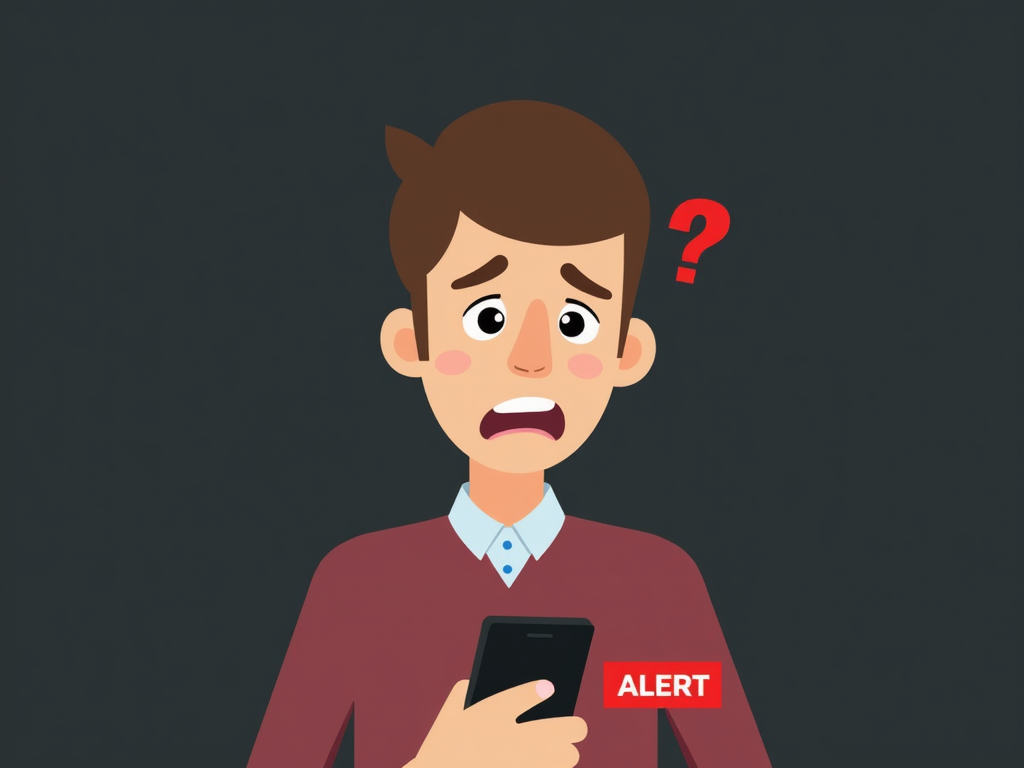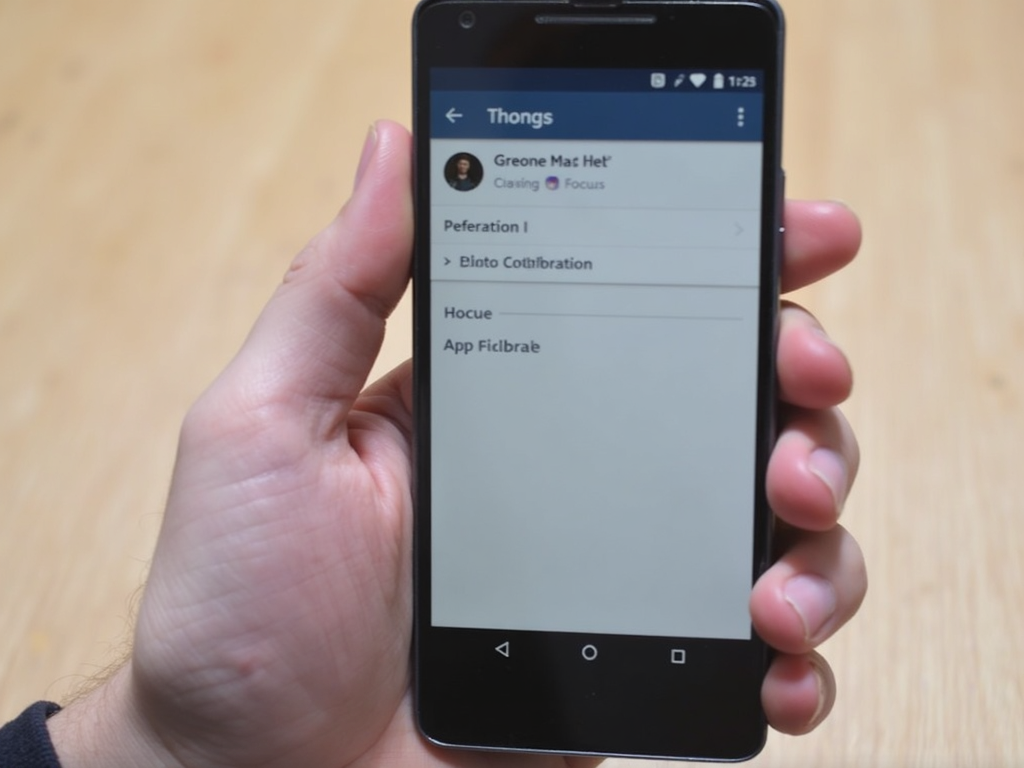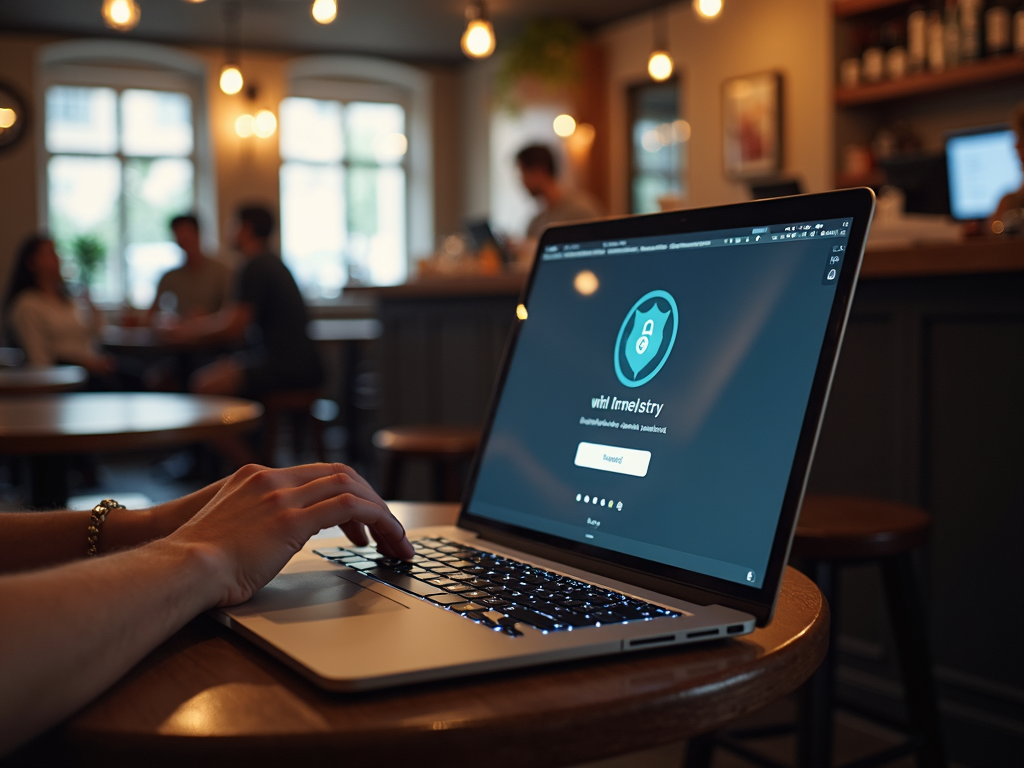Understanding Data Breaches: What You Need to Know
Overview
Data breaches are a rising danger in today’s digital age. This article breaks down what they are, why they occur, and how you can stay safe. You’ll also discover the importance of online privacy and tools like Firefox Focus and DuckDuckGo to protect your data.
What Are Data Breaches?
A data breach happens when someone accesses, steals, or uses private information without permission. This could be your name, address, Social Security number, or credit card details. Anyone can be a target—individuals, companies, even governments.
Breaches come in different forms. Cybercriminals might hack into systems, employees could leak data by mistake or on purpose, or simple errors like a lost laptop can expose sensitive info.

How Do Data Breaches Happen?
Cybercriminals often use tricks to break in. Phishing emails, for example, pretend to be trustworthy and trick you into sharing passwords or clicking bad links. Malware—like viruses—can sneak onto your device and steal data too.
Outdated software or weak passwords also open doors for attackers. But it’s not always high-tech—sometimes it’s human slip-ups, like emailing sensitive info to the wrong person.
The Real Impact of Data Breaches
For you, a breach could mean identity theft. Criminals might use your info to open fake accounts or drain your bank. Companies suffer too—fines, lawsuits, and lost trust can hit hard.
Take the Equifax breach of 2017, which exposed data of 147 million people. Or the Yahoo breach in 2013, affecting 3 billion accounts. These show how big the problem is.

How to Protect Yourself
You can’t stop every breach, but you can fight back. Use strong passwords—mix letters, numbers, and symbols. Don’t reuse them across accounts.
Add two-factor authentication (2FA). It’s like a double lock—your password plus a code sent to your phone. Also, watch what you share online. Skip posting your address or phone number on social media.
Keep your devices updated. Updates fix weak spots attackers love. Check your bank and credit reports often too—catch trouble early.
The Importance of Online Privacy
Online privacy keeps your life yours. Without it, companies or hackers can track what you do, sell your data, or invade your world. It’s not just about ads—losing privacy can lead to real crimes like identity theft.
You have power here. Limit what you share, and use tools to stay hidden. Privacy matters because it’s your shield in a connected world.

Firefox Focus vs DuckDuckGo: Which Mobile Browser Wins?
Want a private mobile browser? Firefox Focus and DuckDuckGo stand out. Firefox Focus, from Mozilla, blocks trackers and wipes your history every time you close it. One tap, and your session’s gone.
DuckDuckGo started as a search engine that doesn’t track you. Its browser adds tracker blocking and a ‘Fire’ button to clear everything fast. It’s great if you search a lot.
Comparison Table
| Feature | Firefox Focus | DuckDuckGo |
|---|---|---|
| Tracker Blocking | Yes | Yes |
| Data Wipe | Auto on exit | One-tap ‘Fire’ |
| Private Search | No | Yes |
Pick Firefox Focus for simplicity, DuckDuckGo for search privacy. Both keep you safer online.
More Online Privacy Tools
Beyond browsers, other tools help. A VPN (virtual private network) hides your location and encrypts your connection—perfect for public Wi-Fi. Learn more from Norton.
Apps like Signal encrypt your messages so only you and your friend can read them. Password managers create tough passwords and store them securely. These tools build your privacy wall higher.

What I’ve Learned
I’ve seen friends panic after sketchy emails stole their info. It’s scary, but it taught me to act. I use 2FA everywhere now—it’s saved me once already. Privacy isn’t just tech—it’s peace of mind. You don’t need to be a geek to stay safe; small steps make a big difference.
Summary
Data breaches can mess up your life, but you’re not helpless. Strong passwords, 2FA, and smart habits cut your risk. Tools like Firefox Focus, DuckDuckGo, and VPNs boost your online privacy. Stay sharp, and keep your data yours.